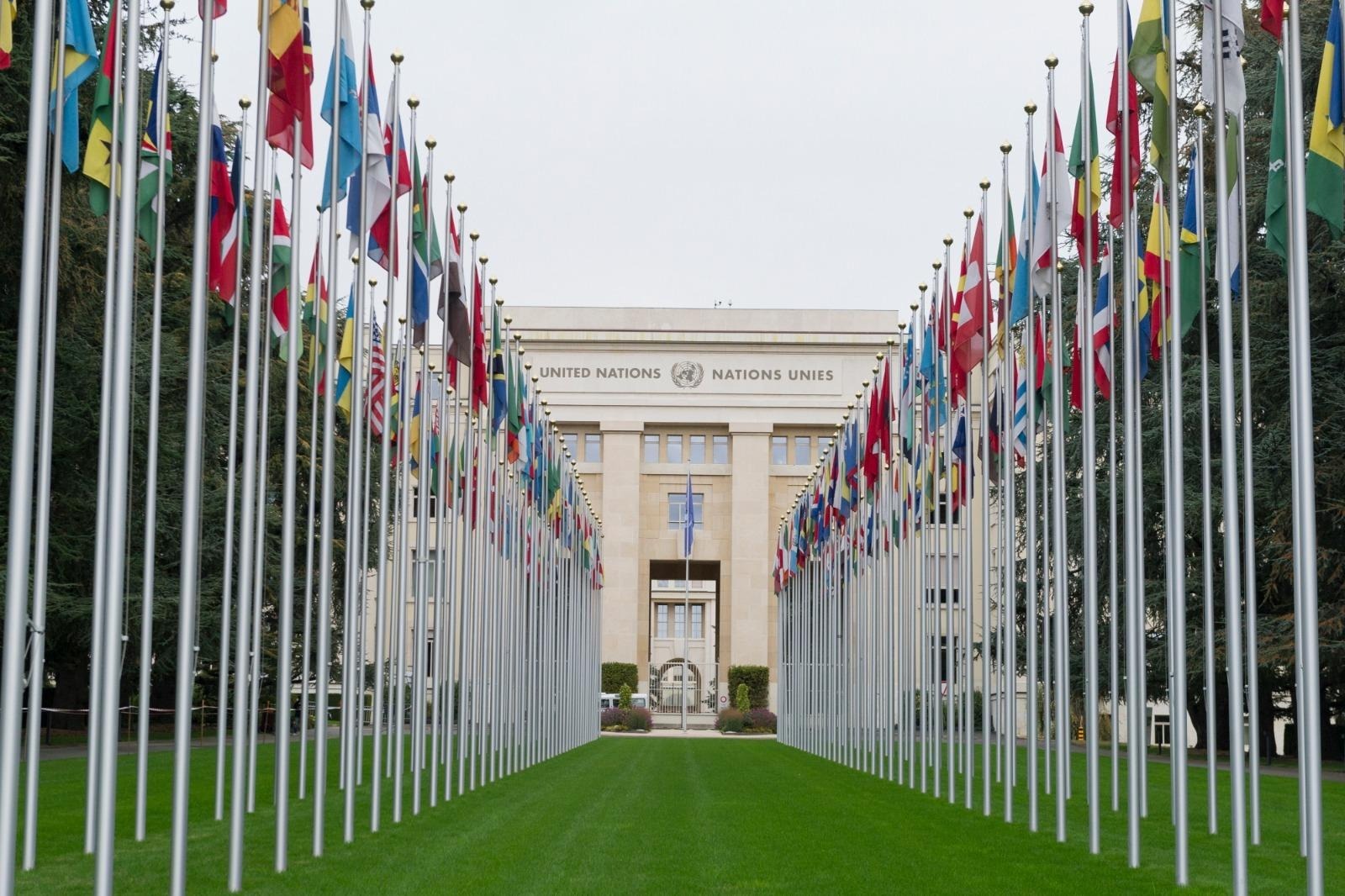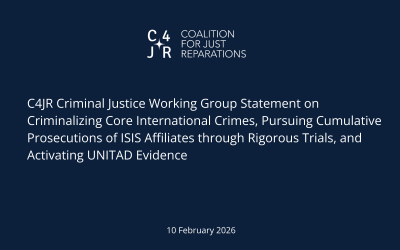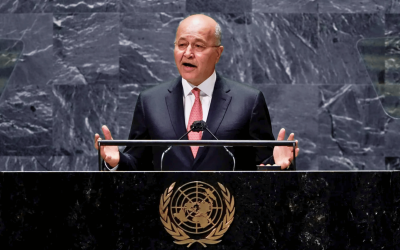United Nations Headquarters
Photo: World Tourism Organization
With up to one million of disappeared persons during the last 50 years, Iraq figures as one the most affected countries worldwide. Committee on Enforced Disappearances (CED), body of independent experts which monitors the implementation of the Convention for the Protection of all Persons against Enforced Disappearance, after visiting Iraq in 2022, published a report assessing Iraq´s compliance with its obligations under the Convention.
In addition to comprehensive recommendations aimed at ensuring that Iraqi legal framework and practice is in full compliance with the Convention, CED welcomed adoption of the Yazidi Female Survivors Law (YSL) and the establishment of the General Directorate for Survivors Affairs. In a broader legislative context regulating response to and reparations for enforced disappearances, CED made several important suggestions.
It condemned the practice of authorities inflicting additional suffering to victims by asking them “over and over again” to repeat their stories for documentation purposes. As the mother of three disappeared men explained:
“Every-time I explain the disappearance of my sons to the authorities, I get very bad. I shake, I cry, I cannot sleep anymore. I have lost all hope. And now, I am very sick. Papers, papers and nothing else happens. We have no support”.
CED underlined that the central role of victims in the search, investigation and reparation processes must be clearly stated in the legislation and that relatives of the disappeared must be informed so as to effectively partake at any phase of the search, investigation, prosecution and reparation process, if they so wish. Moreover CSO should be encouraged to accompany and provide support to victims during the process.
Recognizing the critical role of rehabilitation in any reparation process, the Committee commended YSL as it envisaged the opening of “health and psychological rehabilitation centers” and “health clinics inside and outside of Iraq”. However it noted that “resources and structures in place do not allow the Directorate to attend the needs. The teams require specialized training and strengthening, and specific programmes must be established. As regards education for example, many victims who return to Iraq as teenagers or adults after years in the hands of Daesh require the creation of adapted structures to provide them with basic primary education.”
In the context of complex and burdening application procedure established under the Law No. 20 on Compensation for Victims of Military Operations, Military Mistakes, and Terrorist Actions, the Committee argued in favor of simplified application process and additional flexibility when victims demonstrate difficulties to provide all the requested documentation. Finally, the Committee stressed that Iraq should “adopt a comprehensive strategy of access to reparation, including compensation and rehabilitation, that is accessible to all victims of disappearance, regardless of their ethnic, religious, or national origin, and of the time, perpetrator, location, or circumstances of the disappearance.” Moreover, Iraq should “ensure that psychological care and social support are systematically integrated in all reparation schemes and related legislation as a fundamental right of the victims, and provide the responsible authorities with the financial and specialized human resources necessary to properly fulfil their functions” including taking measures to “strengthen the confidence of the population towards the institutions in charge of the reparation schemes. This includes the effective implementation of transparent accountability mechanisms, notably in cases of alleged corruption, mistreatment, or inefficacy”



